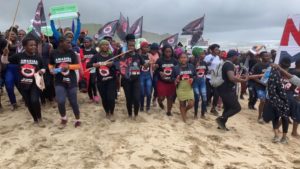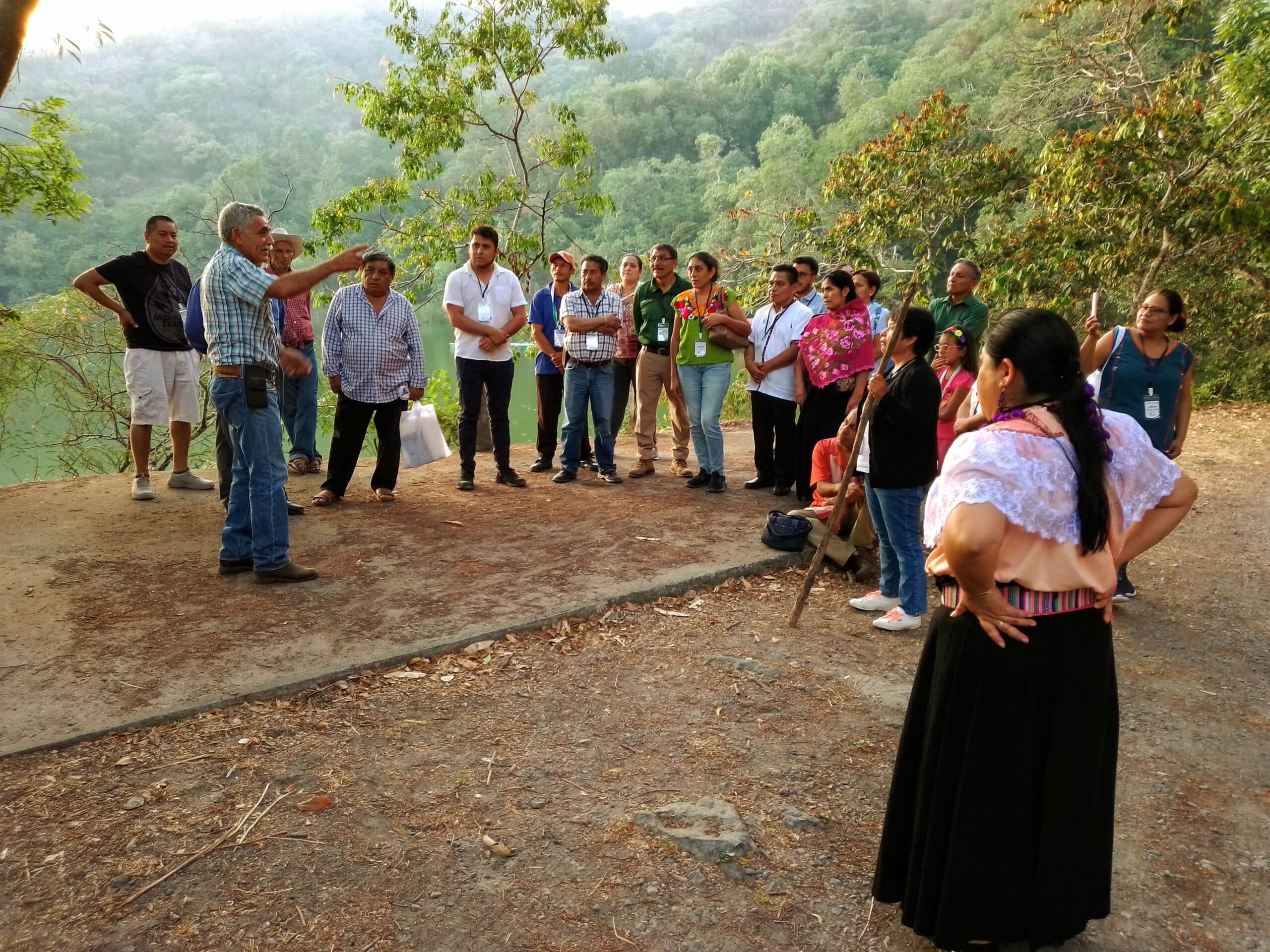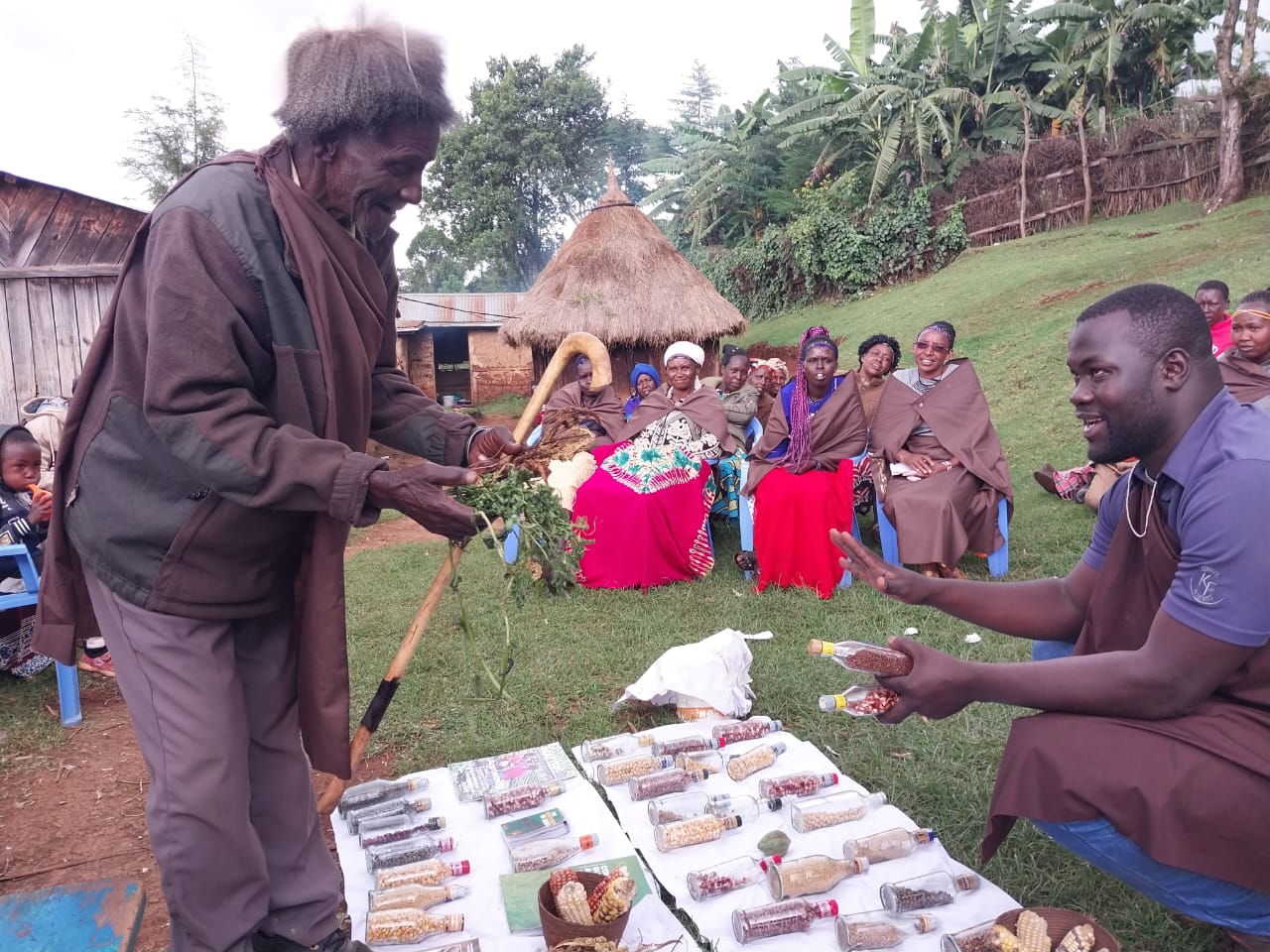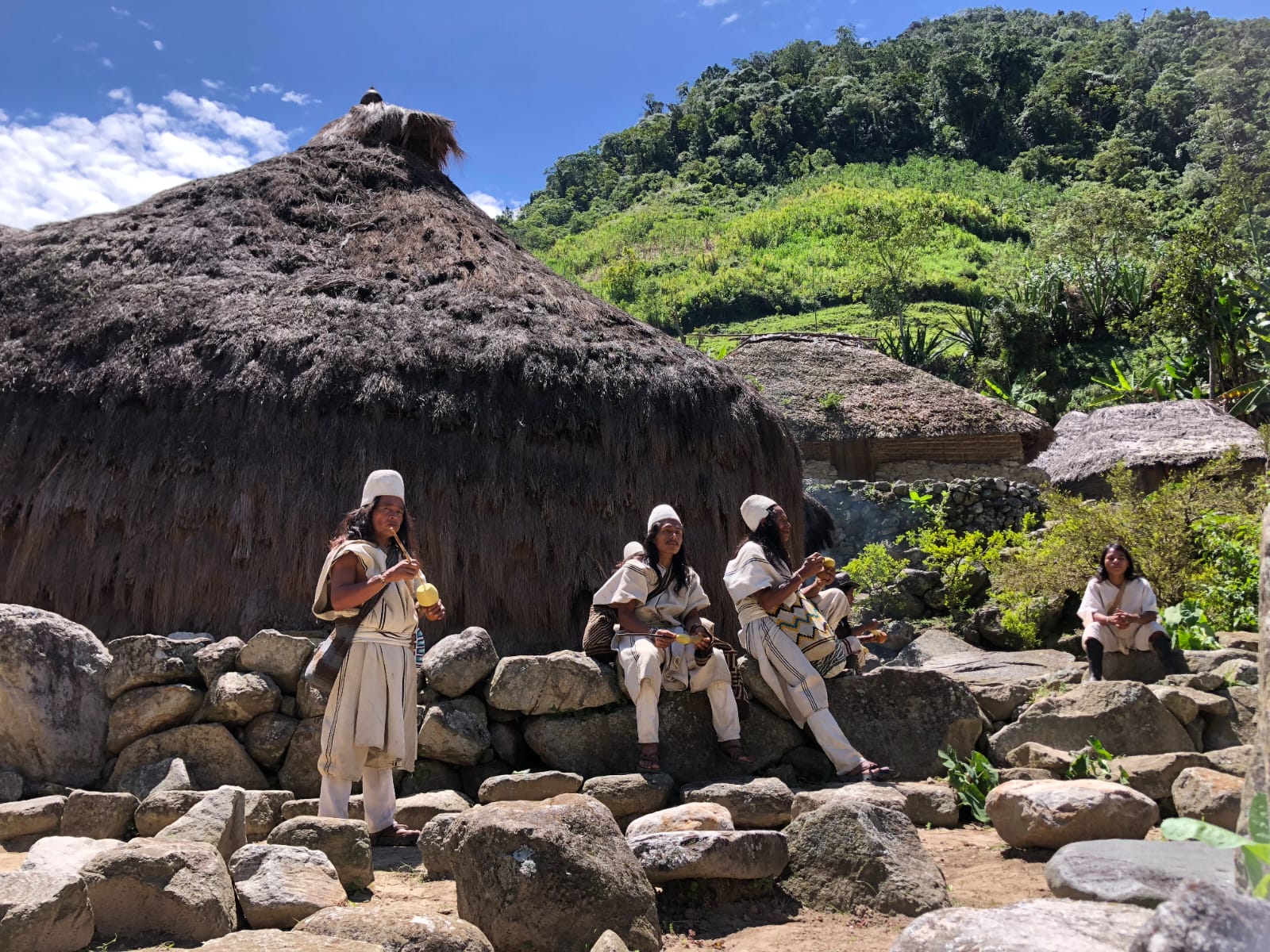Since the end of apartheid in 1994 there has been a renewed assault on the livelihoods, cultural practices, and heritage of the Indigenous inhabitants of the Wild Coast, South Africa. This has taken the form of repeated attempts to strip-mine the coastline – building a highway through the region that will facilitate mining and urban spread, and most recently, plans by energy giant, Shell, to prospect for oil and gas deposits off the coast.
In each of these initiatives, the government has ridden roughshod over the constitutionally guaranteed rights of Indigenous peoples, to play a meaningful role when decisions are made about how their lands are managed, developed, or exploited. Instead of protecting the rights of affected communities, South Africa’s political leaders have sided with local and foreign oil and mining interests to impose development plans that risk destroying local livelihoods.
In 2021, oil giant Shell embarked on an aggressive spin campaign to convince the world it was going green. In its “net-zero emissions” strategy Shell promised to reduce its fossil fuels production, increase carbon capture and storage, and transition to renewable energy production. The company even issued a statement to the COP26 climate summit to pressure governments to implement more ambitious policies.
A day after the beginning of COP26, Shell announced it would commence oil exploration in the pristine waters of the Wild Coast of South Africa, a region particularly rich in biodiversity. In practical terms, this means that 48 guns, dragged by a large vessel, would send powerful blasts into the ocean floor every 10 seconds, 24 hours a day, for five months. Scientists have warned that the blasts are so loud that they can completely devastate the sensitive marine ecosystem that the coastal communities depend on for their livelihoods.
Even though Shell claims it has followed all the rules set down by the government, the local communities temporarily won a court order that interdicts Shell from continuing with its seismic survey. The main review application will still be heard.
These coastal communities are already feeling the impact of climate change through frequent severe storms that destroy food and increased livestock diseases over the recent years. South Africa is a leading polluter in the continent and should be focusing on cutting down its carbon emissions. The government should not sacrifice Indigenous livelihoods for short-term profits that only a small group of businesses will benefit from. The Indigenous communities not only depend on the marine ecosystem for their livelihoods but also for its cultural value – for them, the ocean is sacred.
Land is Life stands in solidarity with the Indigenous communities and calls upon Shell to withdraw its operations from the Wild Coast. The Indigenous peoples’ right to a safe and healthy environment, stated in the South African Constitution, as well as the internationally declared rights to self-determination and Free, Prior and Informed Consent should be upheld.




